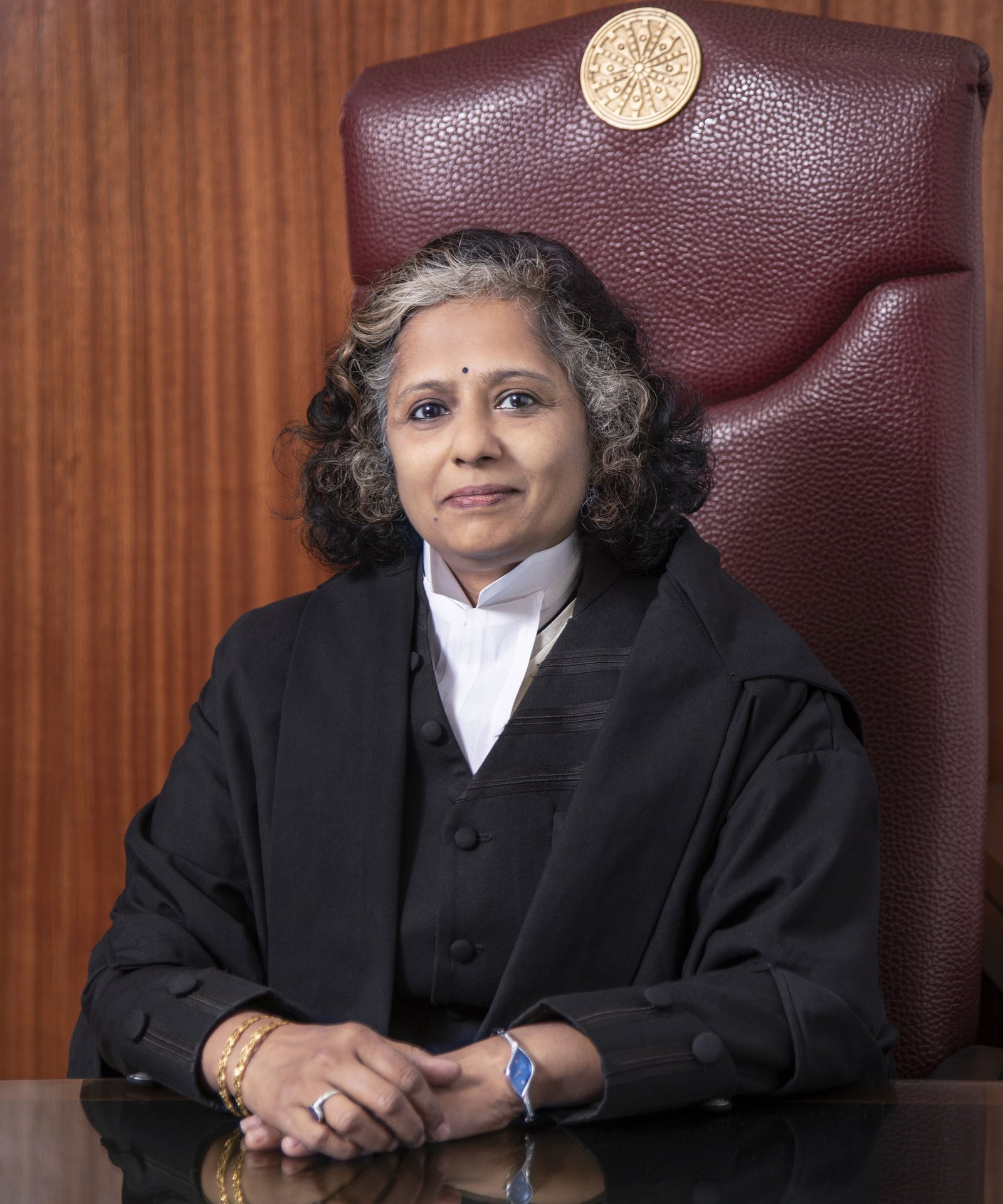The Delhi High Court has recently held in the case Anshu Malhotra vs Mukesh Malhotra that an appeal against a consent decree of dissolution of marriage is not maintainable.
The court added that remedy for an aggrieved party in case of allegations of fraud and misrepresentation etc. is by applying to the same court.
The above order was passed by a Division Bench of Justices Rajiv SahaiEndlaw and Asha Menon in an appeal against an order for the dissolution of the marriage of the Appellant and the Respondent under Section 13B of the Hindu Marriage Act.

The Appellant had an appealedto the court under Section 28 of the Hindu Marriage Act (HMA) against the Family Court order contending that there was no consent of the Appellant or ‘mutual consent’ for dissolving her marriage with the Respondent.
It was contended that the consent of the Appellant to for dissolution of marriage with the Respondent was obtained during the illness of the Appellant and was thus not of her own volition.
The Court, however, questionedthe maintainability of the appeal in view of Section 96(3) of the Code of Civil Procedure, 1908 which barred appeals from a decree passed by the court with the consent of the parties.
The Court also referred to Section 19(2) of the Family Courts Act, which barred any appeal against order passed by the Family Court with the consent of the parties.
The Appellant, in response, relied on judgements passed by the Punjab & Haryana High Court where it was held that an appeal under Section 28 of the HMA was maintainable against a decree of dissolution of marriage by mutual consent.
The P&H High Court had pointed that appeals under Section 96 of the CPC stood on a different footing from appeal against a decree of divorce by mutual consent.
The reasoning given for the same wasthat a decree of divorce by mutual consent was not merely on mutuality of the consenting parties, but the court’s involvement was inextricably a part of the decree. Thus, the possibility of an error, legal or factual, entering in the decision making could not be ruled out.
The Delhi High Court, however, opined that the distinction as put by the P&H High Court between a decree of dissolution of marriage by mutual consent and a suit before the civil court did not exist.
The Court also recorded that even the Gujarat, Bombay, Allahabad, Kerala and Madras High Courts had taken the same view as that of P&H High Court.
The Court highlighted that the orders of the other High Courts aimed at providing a remedy to the spouse where the decree could not have been passed on the material available on record or had been passed in violation of the procedure prescribed by law or was obtained by misrepresentation or fraud.
The court added, “However, in none of the said judgments save the judgment of the Division Bench of the Gujarat High Court, we find any reference to the proviso to Rule 3 of Order 23 CPC and with respect where to Supreme Court in Pushpa Devi Bhagat vs. Rajinder Singh (2006) 5 SCC 566.”
The Court recorded that in terms of the Supreme Court’s Judgement in Pushpa Devi Bhagat, a consent decree operated as an estoppel and was binding unless it was set aside by the court which passed the consent decree, by an order on application under the proviso to Rule 3 of Order 23.
The SC had held that the only remedy available to a party to a consent decree to avoid such consent decree was to approach the court which recorded the compromise and establish that there was no compromise.
Stating that a decree for divorce by mutual consent did not stand on any different footing then a consent decree of a Civil Court under Order 23 Rule 3 of the CPC, the Court stated that it did not agree with the view of the other High Courts.
The Court thus held that the present appeal against a consent decree for dissolution of marriage was not maintainable and hence the remedy for an eventuality of fraud and misrepresentation was to be obtained by applying to the same court.
Highlighting that an appellate court cannot be converted into a fact-finding court the Court remarked,
“We do not find any reason why the said principle of law of general application should not follow qua decree of divorce by mutual consent when the grounds of appeal are on the basis of facts, which were not before the court which passed the consent decree. It is only the court which passed the consent decree which is capable of going into the said facts and if finds any prima facie merit therein, make inquiry by recording evidence with respect thereto and to thereafter take a final decision. Against such an order, an appeal may lie. We however do not deem it necessary to give a final opinion in this regard.”
The appeal was accordingly dismissed as not being maintainable, with liberty to the Appellant to take steps in accordance with law.
The Appellant was represented by Advocate Amar Nath.
Read the judgement here:

